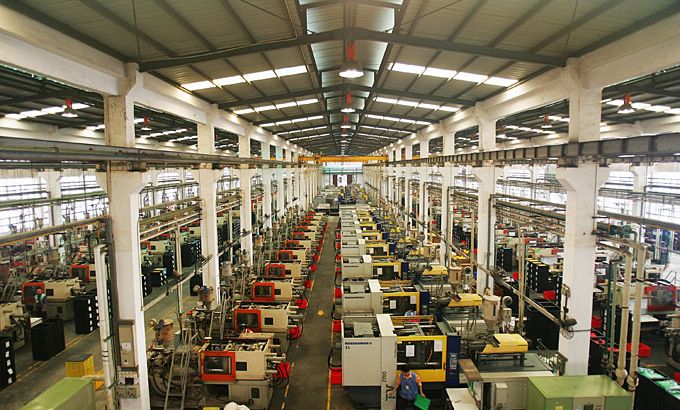
Is self-regulation working?
We ask if Western firms should be held accountable for safety standards in supplier factories in developing nations.
Nearly 300 workers were killed last week when flames engulfed a clothing factory in Karachi, Pakistan. Many of them were trapped behind locked exit doors.
This week it has emerged that a US-based monitoring group had approved the safety standards at the Karachi factory just weeks before the fire.
|
“The audits are supposed to be unannounced but are always announced, so the factory management gets enough time to coach their workers on what to say to make their facilities look good.” – Kalpona Akter, a workers’ rights activist |
The group is called Social Accountability International, and receives heavy corporate financing.
Al Jazeera’s Cath Turner asked Eileen Kaufman, the executive director of Social Accountability International, if the audit of the factory should have prevented the fire.
“If the auditors found that there were inadequate systems, then they would have asked the factory to correct them. Whether the factory corrects them or not is their decision. If the auditors had found inadequate fire systems and asked the factory to correct them and the factory did not correct them, then it would not have been certified,” Kaufman said.
“And so we would always hope that the audits, the inspections find the data that’s necessary for people to implement the correct changes and to tell people what training is needed and then they would do it. There are voluntary systems. We’re a supplement to government and to regulations but obviously not a substitute,” she added.
The Karachi incident has highlighted serious concerns about the current system of monitoring factories and supply chains.
|
“Across the world a lot of governments lack the political will or the capability [to enact and enforce] labour regulations … so somebody else does have to step in and there is pressure on corporations to do this.” – John Kline, a professor of international business diplomacy |
Many Western companies rely on auditing groups to certify standards at suppliers in the developing world.
And on the day that Apple’s latest iPhone went on sale, beneath the hype, a new report again found that staff in Apple’s supplier factories in China are working in “deplorably harsh conditions”. Apple was similarly criticised earlier this year.
It is a narrative that has been associated with a string of US and Western firms, bringing intense criticism of a free market business model that, campaigners say, puts profits above workers’ safety.
Inside Story Americas asks: Is the current system of self-regulation working? Should US and Western firms take more responsibility for safety standards at their supplier factories?
To discuss these issues with presenter Shihab Rattansi are guests: John Kline, a professor of international business diplomacy at Georgetown University; Kalpona Akter, the executive director of the Bangladesh Center for Working Solidarity, she worked in a clothing factory between the ages of 12 and 19; and Theresa Haas, the director of communications for the Workers’ Rights Consortium.
Social Accountability International declined Al Jazeera’s request to join the panel discussion.
|
“You have to really look at what the brands do in contrast with what they say because they do have codes of conduct that require factories to comply with freedom of association, yet brands are increasing orders in countries like China and Bangladesh [with restrictive laws].” Theresa Haas, the director of communications for the Workers’ Rights Consortium |
Social Accountability International
- The firm receives corporate funding and its board of directors includes figures with strong manufacturing ties.
- Tom De Luca, the chairman of the board, currently runs his own consulting firm. He was previously vice-president of imports and compliance for Toys “R” Us, working for the firm for more than 20 years.
- Dan Henkle is Gap Inc’s senior vice-president for social responsibility.
- The organisation also receives financial backing from 20 multinational companies who contribute between $10,000 and $65,000 annually to be corporate programme members, including the Walt Disney Corporation, Hewlett-Packard and Gucci.